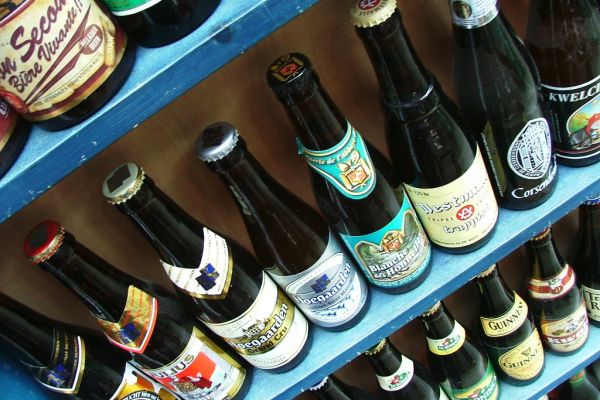The CSNA has spoken out against the inclusion, in the Public Health (Alcohol) Bill, of a proposal to introduce ‘structural separation’ of alcohol products from other food and beverage products in mixed retail outlets.
The proposal, which is outlined in a Regulatory Impact Analysis of the bill, aims to reduce the visibility of alcohol products sold in supermarkets, convenience stores and similar outlets. It suggest that retailers would control access to alcohol products on their premises, and separate them from other grocery products by confining the sale of alcohol to a single store area or by storing them in closed units or behind a check-out point.
The CSNA has pushed back against the proposal, listing not only the financial burden of compliance but also ‘the cost of lost sales, lost sales opportunities, increased cost of staffing and security, increased shoplifting, increased potential for “slip and fall claims”, potential additional costs to comply with fire safety legislation, and the subliminal negative message that separation would cause to our customers’ as reasons to reject the recommendation.
The CSNA further pointed out that this vagueness regards the costs to the retailers means the impact statement does not pass the pre-legislative scrutiny required by the European Commission. It criticized the Department of Health for refusing to engage with retailers to reach such an estimate.
In the context of the Department of Justice’s Intoxicating Liquor Bill of 2008, the CSNA claims a cost of €200 million to retailers was estimated, and that as a result Minister Dermot Ahern shelved the Structural Separation proposal in favour of a voluntary code.
The CSNA claims this voluntary code has since worked ‘remarkably well’ and is calling its members to demand changes to the Structural Separation section of the Public Health (Alcohol) Bill.
© 2016 - Checkout Magazine









